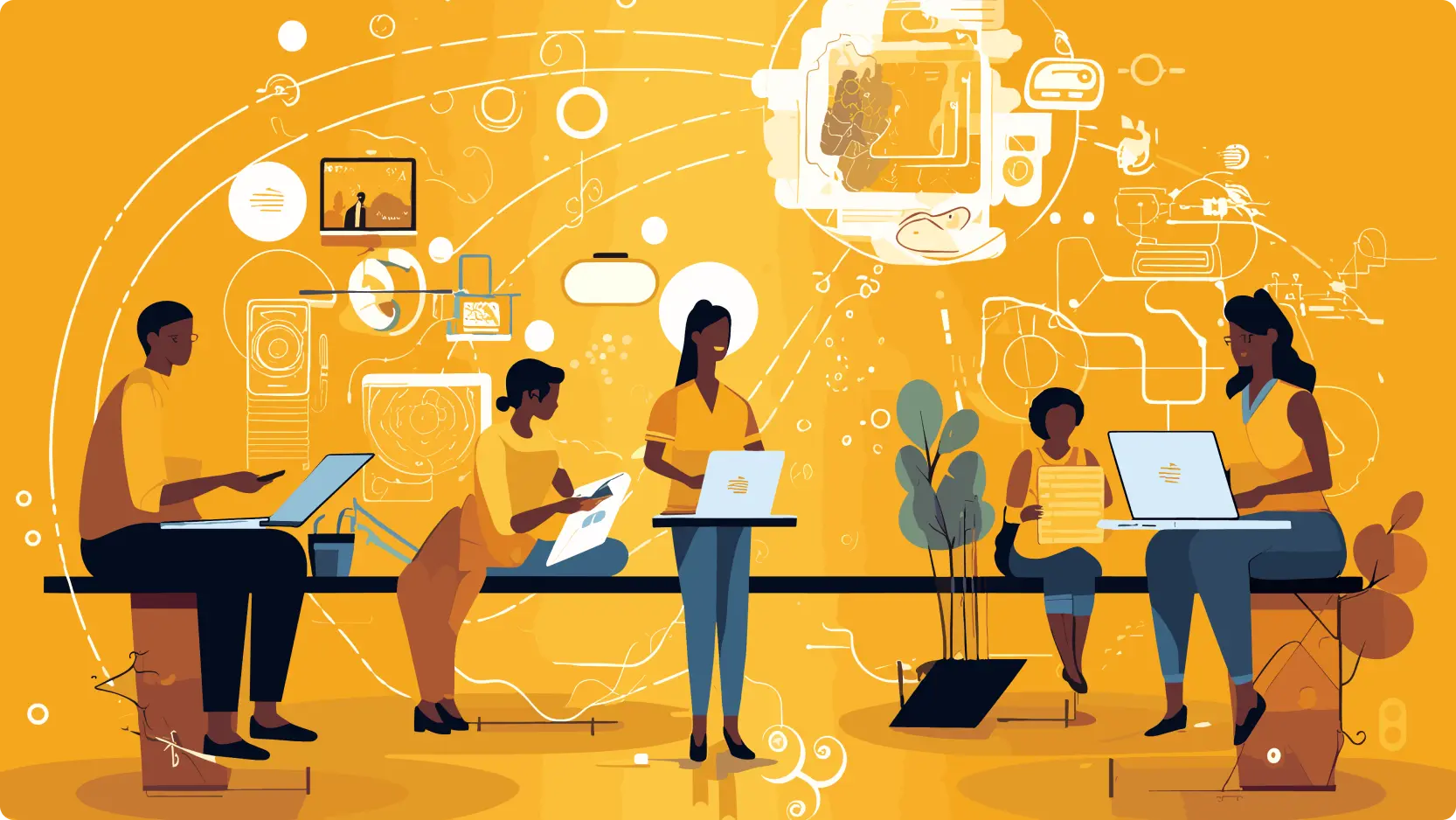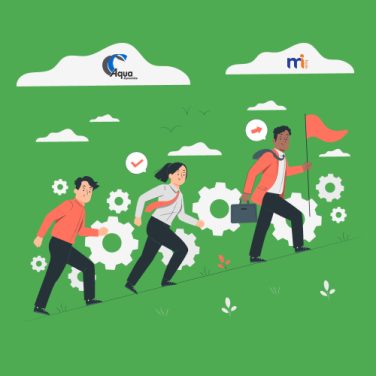How do you know whether your business needs to invest in a digital HR software solution?
Here’s how.
First, answer these three simple questions:
- Is your company drowning in manual processes and paper-based systems?
- Do you need days or weeks to sift through data and make critical decisions?
- Does your company run the risk of becoming obsolete?
(If your answer to the first two questions is yes, then the answer to the third will be a resounding yes.)
And this can only mean one thing: yes, you need to invest in a digital HR software solution – and ideally one that is cloud-based.
Here’s why.
Critical need for digital HR software

Why choose a digital HR system over a legacy system?
Legacy HR systems have long run their course, relying as they do on outdated, manual processes that can be labour-intensive, error-prone, and inefficient.
In contrast, digital platforms capitalise on advanced technology to:
- streamline HR operations
- enhance overall productivity
- ensure regulatory compliance
And that’s not even touching on the advantages offered by proactive, data-driven analytics – a true game-changer in the business world.
| Aspect | Legacy HR Systems | Digital HR Solutions |
|---|---|---|
| Data Management | Manual data entry and paper-based records | Automated data processes and cloud storage |
| Efficiency | Time-consuming and prone to errors | Streamlined and highly efficient |
| Employee Experience | Limited self-service options | Enhanced self-service portals and mobile accessibility |
| Decision-making | Reactive and manual decision processes | Proactive, data-driven analytics |
| Compliance | Difficult to keep up with regulations | Automated compliance updates and alerts |
Advantages of moving to a digital HR system
With the integration of advanced technologies, digital HR software can enhance decision-making capabilities via data-driven analytics and facilitate everything from recruitment and onboarding to performance management and payroll processing.
Some key advantages are:
- Enhanced HR efficiency by automating repetitive tasks, freeing up HR teams to focus on strategic initiatives
- Significant improvement of the employee experience by providing intuitive self-service features so employees can manage their HR needs independently
- Bolstered decision-making through HR analytics tools, such as those offered by MiHCM, which provide comprehensive insights by leveraging raw data
Enhancing employee experience

Digital HR solutions play a critical role in enhancing employee engagement by creating a more streamlined and user-friendly experience, especially given its HR self-service features.
Staff can easily access and manage their personal information, benefits, and payroll without having to go through multiple layers of bureaucracy. This not only saves time but also empowers employees.
Among the key features that drive engagement are HR portals and HR tech tools that offer personalised experiences for employees:
- HR self-service
- interactive dashboards
- virtual assistant support – such as MiHCM’s MiA
Don’t break the (labour) law! A matter of compliance

The importance of compliance in HR management cannot be overstated.
By updating to reflect the latest legal requirements, a good digital HR software solution ensures that your organisation always remains in compliance. This happens automatically with a cloud-based digital HR software solution, making it the more practical and sensible choice for any business.
For example, MiHCM’s robust cloud-based digital HR software solution MiHCM Enterprise helps maintain compliance with ever-changing labour laws, such as employment standards. What’s more, it integrates seamlessly with your existing HR processes, providing a comprehensive, up-to-date compliance framework.
Data management and security
Efficient data management is crucial for leveraging the full potential of HR analytics.
Digital HR solutions streamline data collection and management, ensuring accuracy and consistency across all HR metrics.
Most importantly, they also enhance data security.
With robust security protocols and compliance features, businesses can protect sensitive employee information and ensure regulatory compliance.
Preparing for the future
The landscape of digital HR is continuously evolving.
With AI, machine learning, blockchain technology and scalability changing the traditional parameters of business operations, transitioning to a solution that can grow and adapt with your business is the only way forward.
Solutions that are cloud-based, with built-in features for ongoing updates and scalability, provide a solid foundation for business empowerment and growth.
Why sink in paperwork, struggle to gather the right data to make timely decisions, and worry about survival, when you can empower your company and gear for growth with a digital HR software solution?
Find out more about how a cloud-based solution would be the best fit for your business here.



